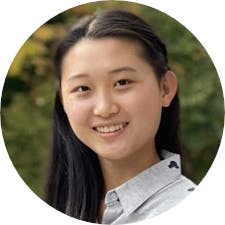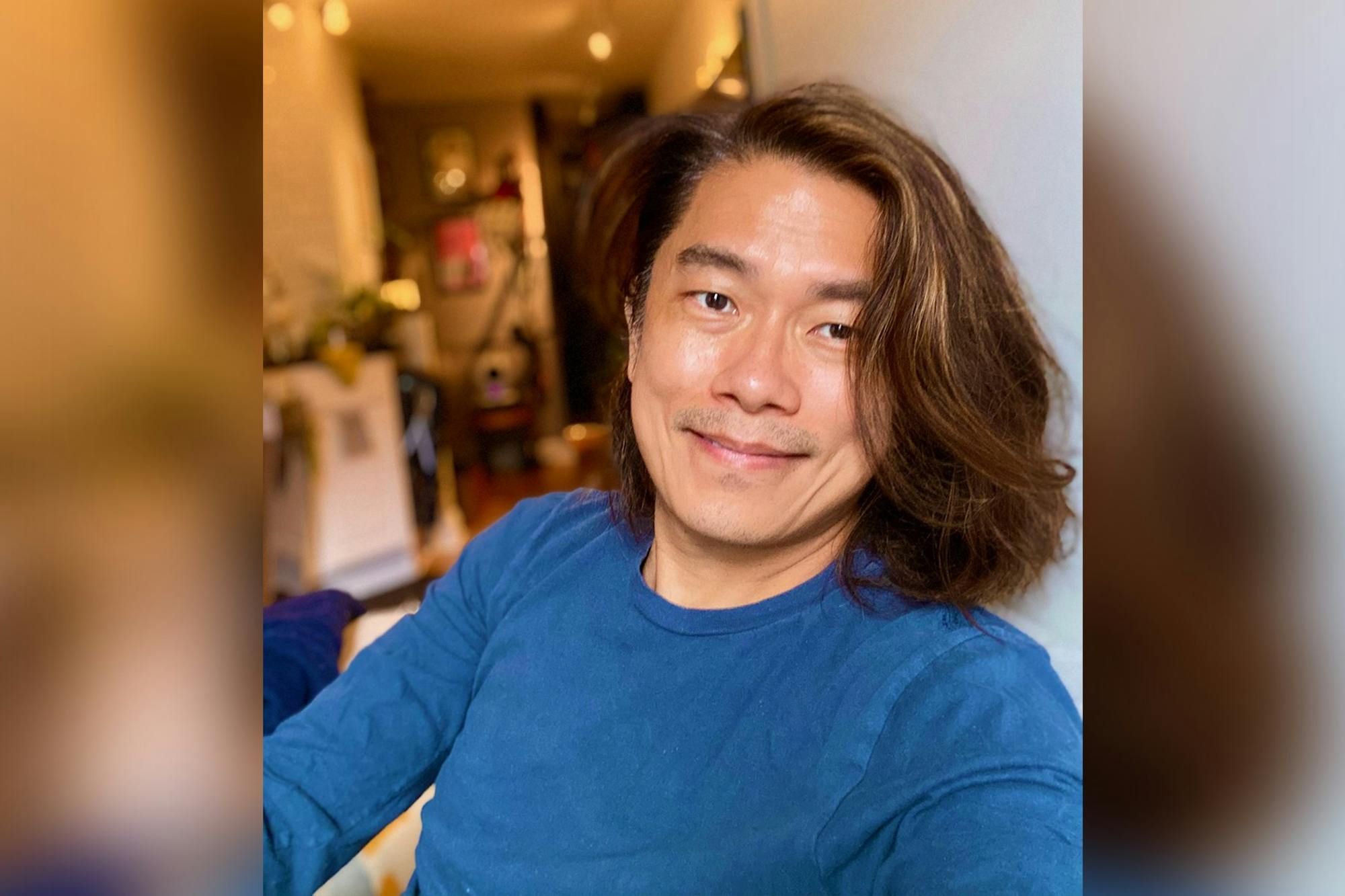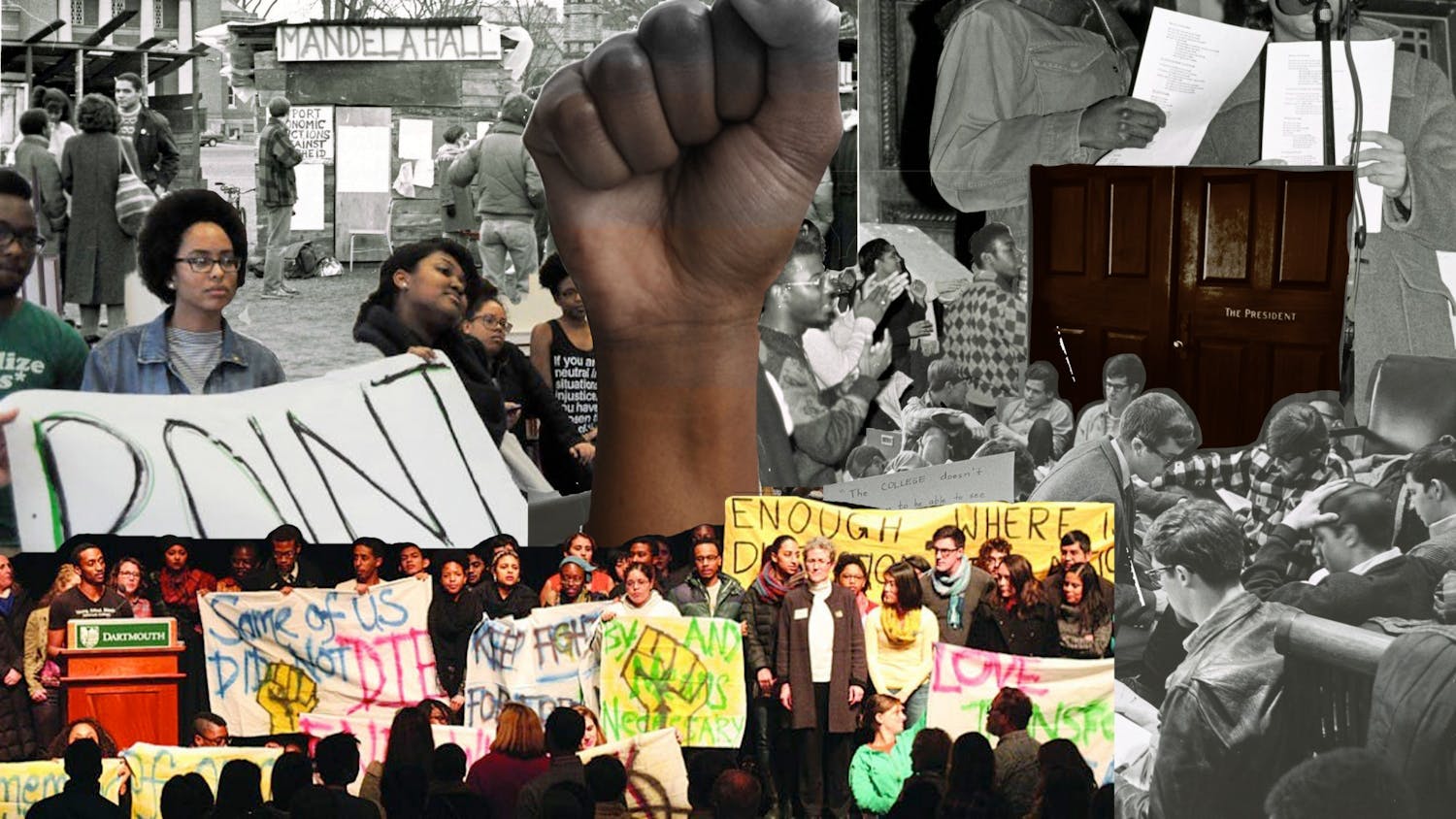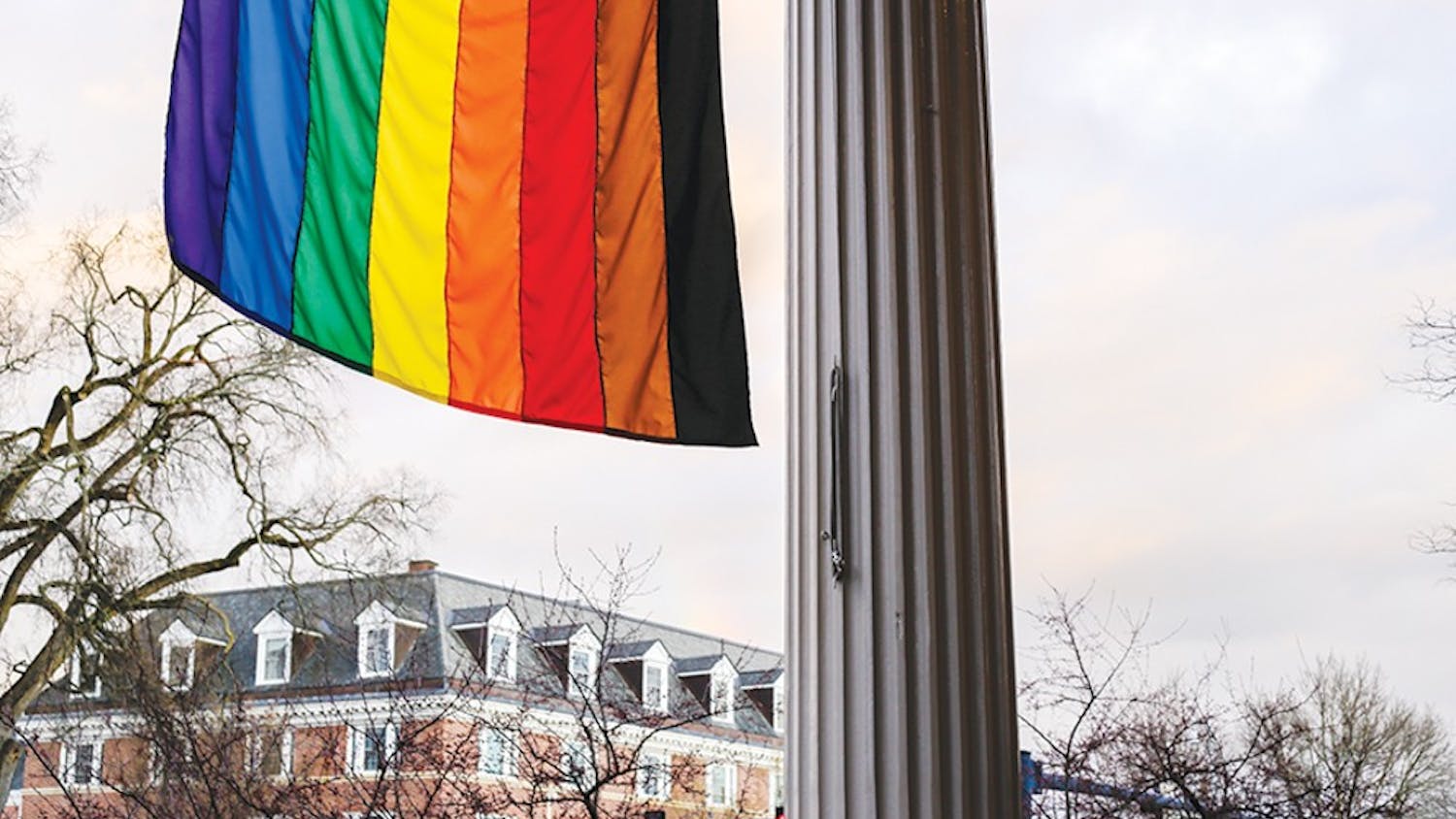In the wake of the shooting of eight people in Georgia, six of them Asian women, Dartmouth students, faculty and alumni are calling on the College to found a robust Asian American studies program. As of Sunday, a petition being circulated online has garnered more than 790 signatories ranging from Dartmouth community members to professors at peer institutions.
The petition outlines an action plan for the 2021-2022 academic year, proposing several measures including the appointment of a tenured senior Asian American professor, visiting professor and post-doctoral fellow; the creation of an Asian American studies minor; and institutional support for the race, migration, and sexuality consortium, an organization created for students to engage in a study of colonial and transnational forces. Overall, the plan aims to create an “anti-racist and equitable” curriculum to increase the visibility of Asian American studies at the College.
Associate professor of women’s, gender and sexuality studies Eng-Beng Lim, who spearheaded the action plan, said that demands for the College to establish a formal Asian American studies program are nothing new.
“[The action plan] is not an incidental action or ‘inspired’ by recent incidents,” Lim said. “Asian American studies is a legitimate, vital field to study with its own professional research agenda. And students and faculty have campaigned for Asian American studies in the past 10 years or more.”
“You have a professor in biology who specializes in molecular biology, and so forth,” Lim said. “We have literally no one specializing in Asian American anything.”
According to Lim, although Dartmouth has a website for Asian American studies, the title is a “misnomer” because unlike Native American studies or African American studies at Dartmouth, Asian American studies is not a formalized program. He added that other colleges have established Asian American studies programs, but Dartmouth currently has only one position devoted to Asian American literature within the English department — a position he noted currently sits unfilled. Lim also said that courses on Asian American studies taught by postdoctoral fellows in different departments are not organized.
Still, he said that students who have taken Asian American studies courses have viewed them as “transformative.”
Nick Sugiarto ’23, who took WGSS 36.06, “Gender and Sexuality in Asian American Literature” with Lim this past winter, said he felt that Asian American identity is “not really talked about” at Dartmouth. He added that he appreciated the opportunity in Lim's course to reflect on his own identity while “[meeting] other people with similar experiences.”
Despite previous community efforts to institutionalize an Asian American studies program, Lim said that students and faculty’s demands have been “ignored” and “systematically sidelined” by the administration.
Former chair of Dartmouth Asian Pacific American Alumni Association Ariel Xue ’08 expressed frustration at the College's lack of accountability with regard to institutional diversity and equity goals that Dartmouth set for itself through its recent Inclusive Excellence Initiative. She cited the denial of tenure and lack of mentorship given to previous professors hired to teach Asian American studies as evidence of a lack of support.
“We just continually see the kind of sidelining and marginalization of faculty of color engaged in this kind of work” Xue said.
According to Xue, the action plan is reminiscent of a similar initiative undertaken during Xue’s time at Dartmouth in 2004, when members of the Pan-Asian Council, in collaboration with faculty, wrote an open letter to the administration and collected over 1,000 signatures in support of the formalized creation of an Asian American studies program and minor.
Subsequently, Dartmouth hired two tenure-track professors in an effort to institutionalize Asian American studies, according to Xue. Though the professors were hired, they lacked support and were “completely isolated.” In the years since, she said, both professors have left the College.
The current action plan includes a request for the College to “provide an intellectual home” for Asian American scholars through RMS.
Xue said she thinks that in providing a space for faculty and students of color to engage in teaching, research, mentorship and “coalition building,” RMS is vital to increasing the presence of Asian American studies on campus. However, she added that Dartmouth has not committed to renew funding for the consortium past this year.
“If [the professors hired to institutionalize Asian American studies at Dartmouth] had only had a place like RMS on campus where you have a community of professors that are united, elevating scholarship, providing a home base, imagine what kind of difference that could have made,” she said.
Lan Nguyen GR ’24 said she signed the action plan to bring awareness to violence and discrimination faced by the Asian American community, adding that she hopes the Dartmouth community will begin to recognize Asian Americans as part of a diverse body rather than a homogenous group.
“All the communities are facing different types of discrimination, hate, violence,” Nguyen said. “I think that it is important that we acknowledge and know about that.”





